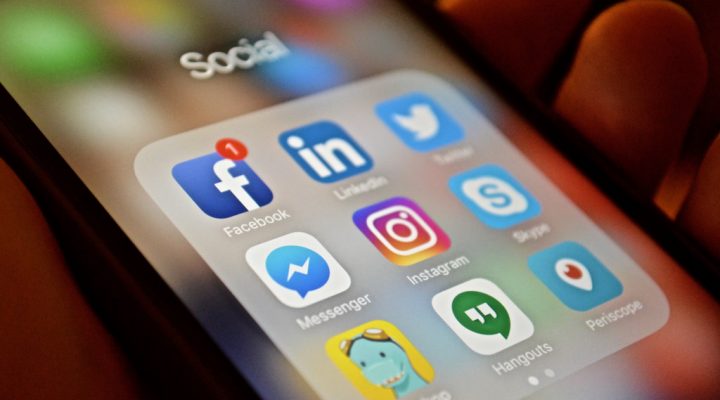Instagram is banning all graphic self-harm images in response to the suicide of British teenager Molly Russell.
The social media giant has been accused of contributing to the death of the 14-year-old girl when it was discovered that her Instagram account was strewed with graphic self-harm and suicide promoting images.
Using algorithms, Instagram and Pinterest ‘recommend’ posts on your feed based on the people you follow and photos and videos you like.
This is how Molly Russell had been constantly exposed to explicit posts about anxiety, depression, self-harm and suicide on both of the platforms.
Even a month after her death, Molly Russell was sent a personal email from Pinterest containing triggering images and captions.
Along with others, Russell’s family called for a ban on such imagery on social media sites to prevent this from happening to other young people.
Instagram has since vowed to introduce “sensitivity screens” that blur explicit images until the user agrees to view the content.
The photo-sharing platform has also blocked self-harm images from their search engines, hashtags and account recommendations.
However, Rosemary Vaux, a representative from suicide prevention charity Papyrus, believes it is “naïve” to think that “media-savvy young people” would not be able to access these materials regardless.
She said: “Papyrus knows of too many young people who have taken their own lives as a result of visiting pro-suicide websites or chat rooms, and some who have failed and are severely brain damaged.”
Automatic signposting from social media platforms that alert and encourage impressionable teenagers is “totally irresponsible” and this behaviour from social media companies “could be seen as complicit in the deaths of vulnerable people”, Vaux added.
A modern take on bullying
Last year, Papyrus launched their #BedTimeStories campaign about online bullying in the UK, where “bullying no longer stops at the school gates but continues into young people’s homes”.
They reported that over 200 school children die by suicide every year in the UK.
Vaux strongly warns against giving out one’s private information to strangers online, such as your address, telephone number, and school or college attend, and advises not to arrange to meet someone you have only met online.
Steps towards a healthy relationship with social media
Eve Critchley, head of digital from mental health charity Mind, recommends to “put your own safety and well-being first” and to take a break from social media if a particular online space has “stopped being a positive thing in your life”.
Here are Critchley’s top three tips for safe social media use.
- Set aside some time each day to do something else, like reading a book, doing some physical exercise or trying out a relaxation technique.
- Eat healthily and get good sleep (see Mind’s pages on food and mood and coping with sleep problems for more information about how food and sleep can affect your mental health).
- Online support: Due to the anonymous nature of social media, many people feel more able to open up online. Lots of people find online forums helpful. Mind encourages those people to visit online peer support networks like Mind’s Elefriends website (www.elefriends.org.uk) where people can safely discuss their problems with others who are going through similar experiences and talk about potential solutions.
In the UK, Samaritans can be contacted on 116 123 or email [email protected].

